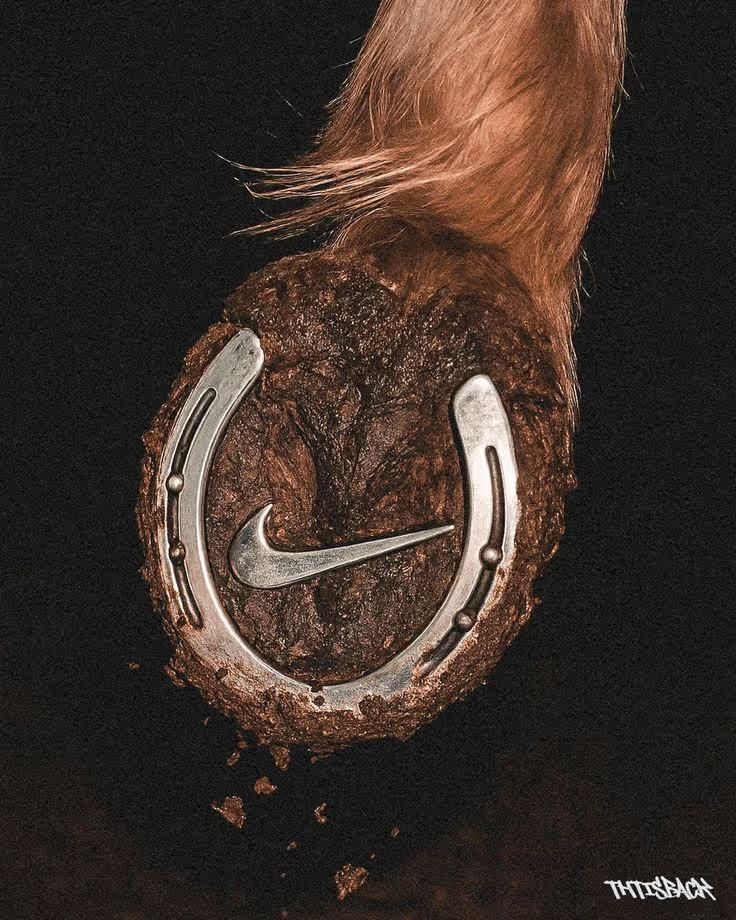How Premium Brands Can Use First-Party Data to Gain a Competitive Edge
In today’s digital landscape, premium and luxury brands are under pressure to stand out, build trust, and deliver truly personalized experiences

One of the most powerful ways to achieve this is through first-party data — the information collected directly from your customers.
At our email marketing agency, we’ve seen first-hand how first-party data can transform email campaigns and broader marketing strategies. For luxury brands, it’s the difference between sending generic messages and crafting communications that feel like a tailored, high-touch service.
Why First-Party Data Matters for Luxury Brands
Unlike third-party data, first-party data comes straight from your customers — their email sign-ups, purchase history, website browsing, and engagement with campaigns. For luxury brands like Dior, Gucci, or Rolex, this data provides the insights needed to:
- Create personalised email campaigns that reflect individual tastes and purchase behaviour.
- Improve customer engagement by tailoring messaging to different segments.
- Boost retention and loyalty with experiences that feel exclusive and relevant.
Since the introduction of GDPR, ethical and transparent data collection has become non-negotiable. Consumers want control over their information, and brands that respect this not only comply with regulations but also build stronger trust — a vital currency in the luxury market.
The Challenge: Collecting First-Party Data
While essential, collecting first-party data isn’t easy. Today’s consumers are highly aware of their privacy rights and cautious about sharing information. Premium brands must earn that trust.
Some effective ways include:
- Exclusive rewards: Early access to collections, loyalty perks, or private events.
- Transparency and control: Clear communication on how data will be used, with opt-in and opt-out options.
- Luxury-level customer experience: From seamless online journeys to concierge-level customer service, every touchpoint should reinforce the brand’s value.
The more a brand invests in meaningful experiences, the more willingly customers share their data — creating a cycle of trust and loyalty.
The Solution: Partnering with a Specialist Agency
Many premium brands struggle to collect, analyse, and use first-party data effectively. That’s where working with a specialist email marketing agency can be transformative.
An agency brings:
- Creative expertise – Designing campaigns with striking visuals and storytelling that reflect your brand’s luxury identity.
- Technical know-how – Using segmentation, automation, and A/B testing to maximise engagement and conversions.
- Data-driven insights – Turning raw customer data into actionable strategies for growth.
The result? Emails that stand out in crowded inboxes, deepen brand loyalty, and generate measurable ROI.
Final Thoughts
For luxury brands, first-party data isn’t just a compliance requirement — it’s a competitive advantage. Used wisely, it unlocks personalisation, strengthens customer relationships, and amplifies brand equity in a way that aligns perfectly with the high-touch expectations of premium audiences.
If your brand is ready to turn data into a growth engine, partnering with an experienced email marketing agency can help you elevate your strategy and deliver campaigns that truly resonate.
FAQs: First-Party Data and Luxury Brand Marketing
What is first-party data in marketing?
First-party data is information a brand collects directly from its customers — such as email sign-ups, purchase history, preferences, and website behaviour. Unlike third-party data, it’s more accurate, reliable, and consent-driven.
Why is first-party data important for luxury brands?
For luxury houses like Chanel or Hermès, first-party data allows them to deliver personalised experiences that reflect exclusivity. It helps tailor marketing to individual customers, driving loyalty and long-term brand equity.
How can luxury brands use first-party data in email marketing?
By working with a specialist email marketing agency, premium brands can use data to segment audiences, automate tailored campaigns, and deliver exclusive offers that increase engagement and conversions.
Is collecting first-party data GDPR compliant?
Yes — as long as it’s collected transparently and ethically. Customers must consent to data use and retain control over how their information is stored and shared.
What’s the biggest benefit of using first-party data?
It enables brands to build stronger customer relationships through personalisation, driving higher retention, loyalty, and revenue while reinforcing a luxury positionin

.avif)



